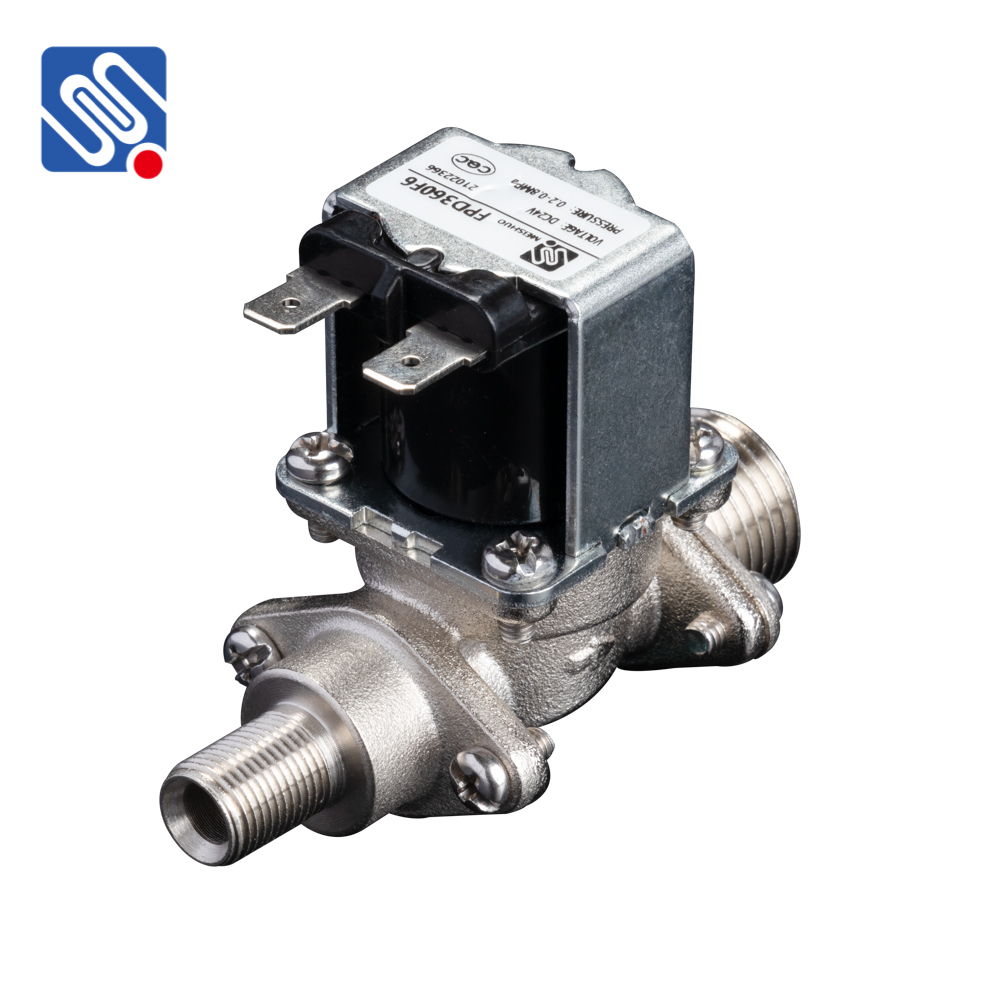understanding the flow control solenoid valve: function, types, and applications
Release time:2025-04-10 01:26:06
Flow control solenoid valves are essential components in modern fluid and gas control systems. They are used to regulate the flow of liquids or gases in a wide range of industrial applications. These valves offer precise control over fluid flow by using an electrical signal to adjust the valve's opening, providing a mechanism for controlling pressure, flow rate, and direction within a system. In this article, we will explore the function, types, and applications of flow control solenoid valves, highlighting their importance in both industrial and commercial systems.

What is a Flow Control Solenoid Valve?
A flow control solenoid valve is an electromechanical device that uses a solenoid (an electrically operated coil) to control the movement of a valve. The solenoid creates a magnetic field when an electric current is passed through it, which then activates the valve's mechanism to regulate the flow of fluids or gases. By controlling the opening and closing of the valve, the solenoid valve allows for the precise adjustment of flow rates, pressure, and other system parameters.
These valves are often used in automated systems where precise flow control is crucial. They are commonly found in applications such as fluid and gas distribution systems, heating, ventilation, and air conditioning (HVAC), and industrial automation.

